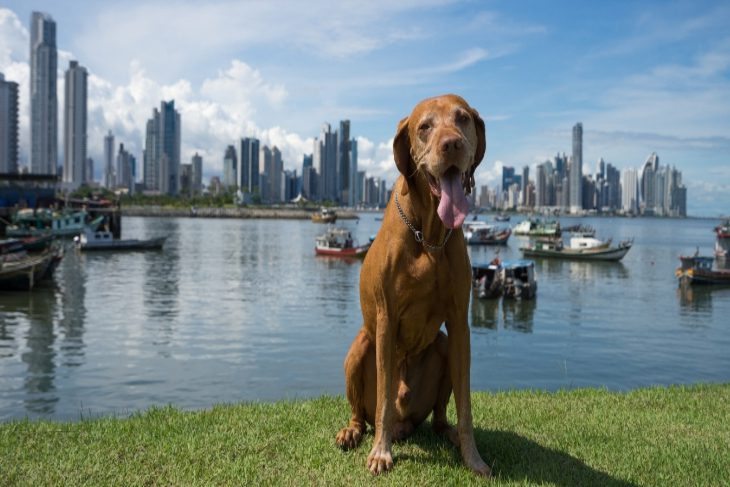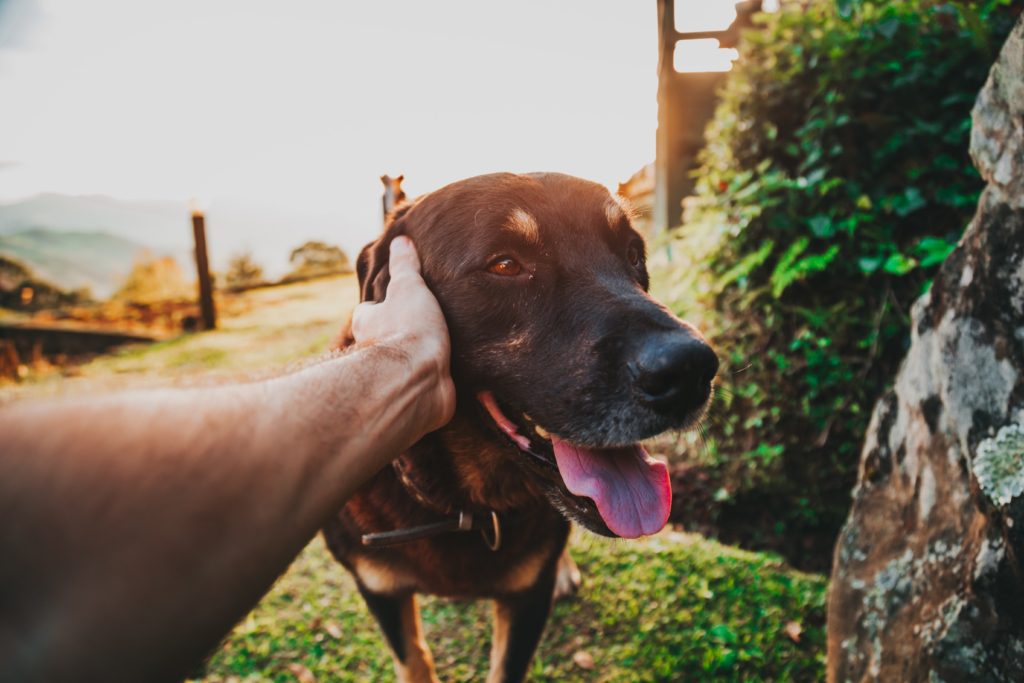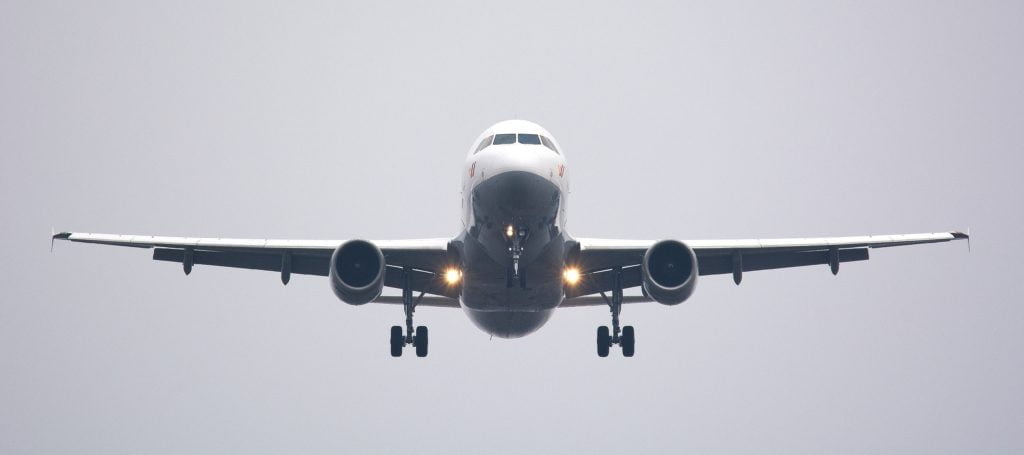
Relocating to Panama with a family definitely adds some extra considerations to the process. There are likely more possessions to bring, schooling options must be arranged, and your housing search will have to accommodate the needs and tastes of more individuals.
What could complicate things even more, is the desire to bring a furry four-legged friend or two along with you. While it is entirely possible to relocate to Panama with your pets, there are a number of procedures that you’ll need to follow before you leave and once you arrive.
That said, as long as you’re aware of the steps to follow, doing so is certainly preferable to leaving Fido behind. The requirements to bring a pet to Panama are pretty standard and no stricter than most other countries. Plus, there’s no limit to the number of pets that you can bring into Panama.
Read on for everything you need to know about relocating to Panama with your pets. With a little planning, you and your entire family can be happily situated in your new home.
Procedures and paperwork for relocating to Panama with your pets

Before you depart from your home country, you’ll need to make sure you have a health certification for any pets you plan to bring to Panama. A health certification should be provided by your veterinarian to show your pet is disease free and it must be issued within 10 days before leaving. In addition, it is important to mention your pet’s breed, name, a certificate showing place of birth, and your contact information.
Additionally, you need to get a rabies vaccination certificate that is issued at least 30 days before your departure date, and no more than 12 months before entering Panama as well as information to confirm your pet has been treated for parasites, ticks, and worms. Dogs will require confirmation that they have been vaccinated against parvovirus, hepatitis, leptospirosis, and distemper. Before departure, cats need to be vaccinated against panleukopenia, calicivirus, and viral rhinotracheitis.
In most cases, all it takes is a trip to your veterinarian to take care of any necessary vaccinations and have your pet’s health certificate updated. Once your health certificates are up to date with all relevant information and vaccinations, you’ll want to contact the governing authority of your country responsible for animal importation and exportation to endorse the card.
While it isn’t required that your dog or cat have a pet microchip before they enter Panama, it is recommended. Just like with any luggage, if your pet is not traveling in a car or cabin of a plane alongside you, there’s always a chance he or she could be lost. Ensuring that your pet has a 15-digit, ISO 11784-compliant microchip before you travel will make it easier to find and identify your pet in the unlikely (but terrifying) event that your pet gets lost or separated from you.
What to do when you arrive to Panama

Once you and your pet arrive safely in Panama, there are a handful of other steps in this process before your pet is free and clear to come home with you. Your first stop should be to fill out an import form that you can get from the Panama Airport’s health or quarantine departments.
Once you have this form in hand, the airport health department will review it along with your pet’s health card. There are veterinarians on call at the airport on weekdays from 9 am until 3 pm and again from 7 pm until 10 pm. If you arrive during these hours, a vet will inspect your pet. The inspection costs $16.
If, however, you arrive on the weekend or during the hours that a vet is not scheduled, you can arrange ahead of time to have a vet on call. This can be done through either the Panama Agriculture Ministry or the Panama Ministry of Health. This arrangement can be made for an additional fee. In instances where you don’t make arrangements for a vet to meet you at the airport and there isn’t a vet on call, your pet will need to remain at the airport until there is a veterinarian on shift.
In instances where a veterinarian determines that your pet requires quarantine, he or she may be held by the Panama Health Department for up to 40 days at a fee of $10 per day. There is also an option of a home quarantine where you promise to keep your pet inside of your home for the required 40 days. In order to participate in a home quarantine, you must request to do so from the Panama Ministry of Health at least 14 days prior to your arrival in Panama. Said request needs to include your pet’s arrival date and flight information as well as your passport number and information.
If you’d like help navigating the process of moving your pet to Panama, there are companies who specialize in getting pets from one country to another. Such companies will obviously charge for their services (in addition to required vaccinations and fees) but are a good option if you want to be positive that you have everything in place before the big move.
Relocating to panama with exotic pets

While the information above applies mostly to cats and dogs, that doesn’t mean that those are the only pets that you might want to bring to Panama with you. If you’re looking to import exotic pets such as birds, amphibians, reptiles, fish, or certain small mammals, you’ll need to follow a similar process.
These more exotic animals will also require a health certificate. Check with your veterinarian to confirm what information and what vaccinations (if any) are necessary for the animal in question. Depending on the species, you may also need to include a letter of approval from the Convention on International Trade in Endangered Species of Wild Fauna and Flora (CITES).
If you or your veterinarian are in doubt about what forms or information may be required for a given animal, it’s best to seek further information from the relevant authority of your country of origin. You can also contact the Panamanian consulate in your country of origin for more information.
Relocating to Panama with your pets will certainly add to what’s already likely a busy moving process, but any pet owner will agree it’s entirely worth it.


Cheryl
on said
Does Panama except electronic/digital docs that have the endorsement signature and embossed stamp?
Kent Davis
on said
Hi Cheryl, it really depends on which documents you are referring to. I would suggest getting ahold of the provider, sending what you have, and confirming the format directly with them. Cheers!
Brenda Currey
on said
Thank you so much Kent we will be bringing our dog Teddy with us he is a service dog for food allergies but I have been told service animals are not recognized in Panama, anyway he will still be with us and I apriciste the info you have sent. Thank you so much.
Brenda
Kent Davis
on said
You’re welcome Brenda. Hope this message finds both you and Teddy well 🙂
kenneth francis mckenzie
on said
I will contact you in October 2019. Thank you ken
Linda
on said
I would like to know what it would cost to move a horse from Cape town, south africa to panama. I have 7 dogs and 3 cats as well and we are doing costings to see if it will be doable to take all. Kind regards Linda
Kent Davis
on said
Hi Linda, let me get back to you on that one!
Jim Waldrop
on said
Hi Kent,
Can someone living in Panama legally have a parrot (or other birds) as a pet? I’m talking about one that was breed by a breeder and not caught wild.
Thanks
Jim Waldrop
Kent Davis
on said
I believe so Jim! But you’d have to purchase the animal in Panama…I dont think you can bring birds in to the country legally.
Nadine
on said
Darf man in panama Mini Pigs halten?
Nadine
on said
Are mini pigs are allowed in Panama? Because in Costa Rica, they are not.
Kent Davis
on said
No maam, those are not considered pets here unfortunately so they would be seen as imported animals and very tricky